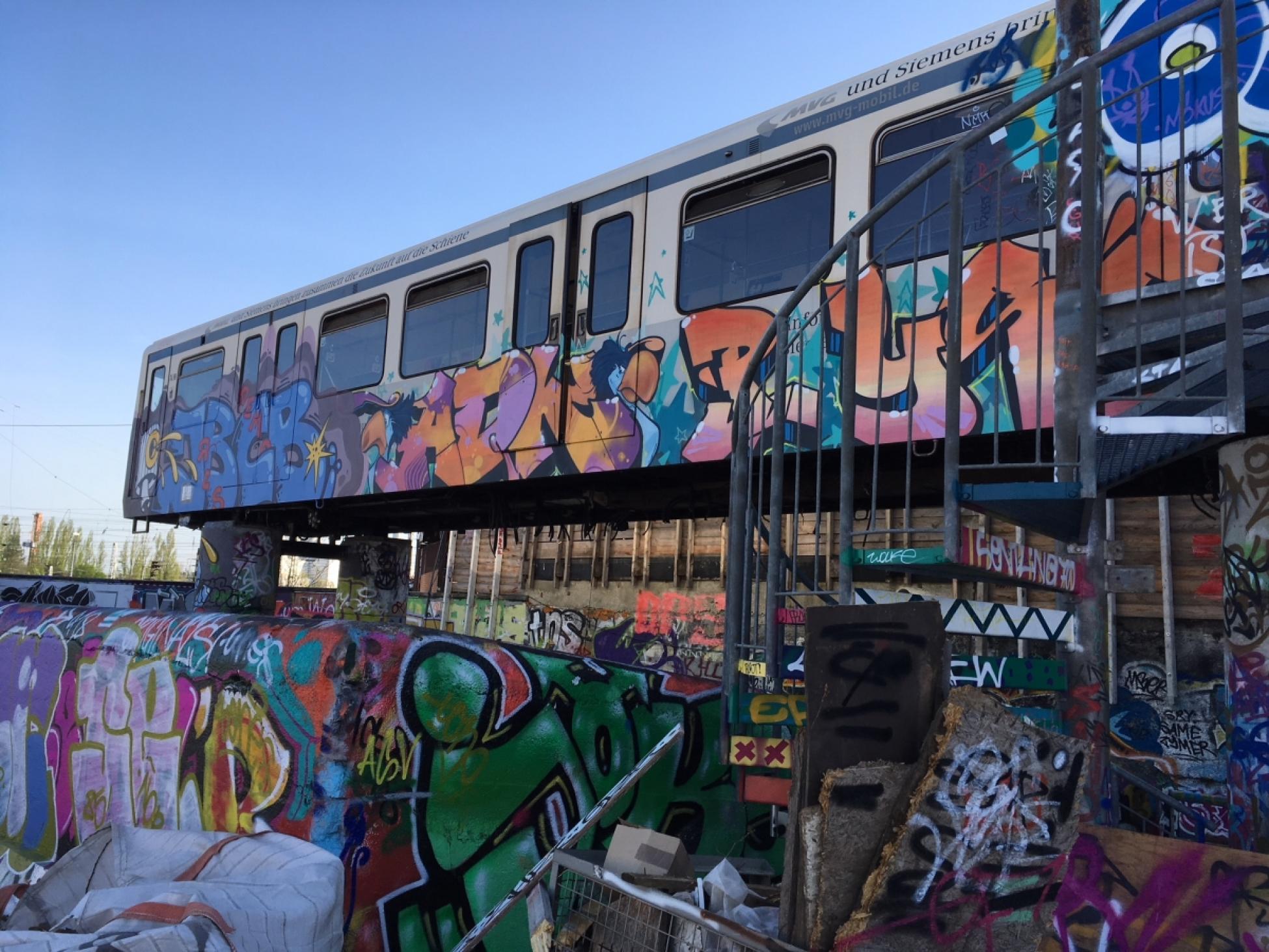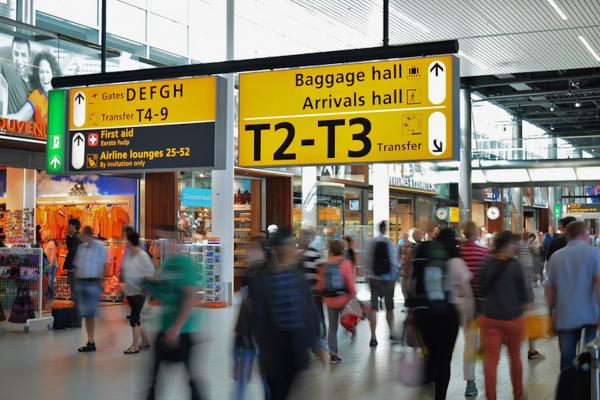To be perfectly honest, studying abroad in Munich was not my first choice. Berlin was. I was enamoured with the idea of inhabiting the capital of Germany—a chaotic metropole known for its alternative culture, turbulent history and radical politics. However, it turns out that fate (or rather, my university’s international office) had different plans for me.
So, in September 2018 I packed my bags and boarded my plane to Munich. To me, Munich represented Oktoberfest, beer, wealth and tradition. And that’s what I got when I first set foot in the Bavarian capital in September 2018. Oktoberfest was nigh and, thus, beer was a-flowing and hordes of lederhosen and dirndl-clad youth were flooding the streets. Despite the fact that I grew up in arguably the most hipster city in North American (Montreal), I discovered that I didn't dislike it.
When I found out that Forbes recently named Munich the most livable city in the world, I was not surprised. Munich is the financial capital of Germany and this provides a number of perks. The city of around 1.45 million inhabitants is remarkably clean and well organized. The public transport system is reliable, there are bike paths aplenty and the city centre is easily accessible. Munich is also home to one of the largest urban parks in the world, the English Garden. And trust me, it is idyllic. The vast green expanses, wooded areas and flowing rivers give the impression of a natural paradise isolated from the hustle and bustle of city life.
However, now almost seven months later, my view of Munich has completely changed. Very slowly at first and now at lightning speed, Munich’s underground is revealing itself to me. And it is vibrant.
It all started when one day, a fellow exchange student offhandedly asked if I’d like to go see a documentary about marriage in India and how it limits women. I was in. Unbeknownst to me, the documentary was to be shown in one of Munich’s biggest alternative hubs: Bahnwärther Thiel.
A first clue that this place is part of the “underground scene” is that its entrance is quite hard to discern and also, very sketchy looking. My initial impression was that I was entering some sort of decrepit junkyard. There were only a few transport containers with colourful graffiti ahead of me. The closer I got to them, however, the clearer it became to me that Bahnwärther Thiel is massive. Soon enough, I was in front of a giant structure made of metal scraps and many, many containers—all displaying layers of graffiti. Once inside, the decor matches the “repurposed garbage” aesthetic. Light fixtures are made from candle holders, string, paper, mismatched bulbs and various other knick-knacks. When I went to see the movie, an assortment of old-looking couches and benches were placed in a semi-circle in front of a projector screen.
Bahnwärther Thiel was my introduction to Munich’s alternative spaces, but I quickly discovered the network is vaster than one might think.
Exploring the premises further, I quickly realized there was a second bar built inside some decommissioned metro cars.
It’s not apparent from my initiation to this place, but Bahnwärther Thiel is actually best known amongst its clientele as a great techno club and local music venue. But it’s actually far more than that. They host innumerable events that range from flea markets to theatre nights.
Bahnwärther Thiel was my introduction to Munich’s alternative spaces, but I quickly discovered the network is vaster than one might think.
There is Alte Utting, a refurbished boat decorated with scraps currently sitting on a plot of barren land a 10-minute walk from Bahnwärther Thiel. It hosts many local and foreign bands that have yet to be discovered by the mainstream and offers various types of international cuisines.
Container Collective is also made up of old shipping containers and hosts small concerts and workshops, sells handicrafts, serves as the venue for temporary art exhibits and provides beer on makeshift “rooftop” bars.
I also recently discovered a rooftop bar called Dachgarten—which is a lot harder to find than you would think. There are no signs signalling the presence of this bar. I actually only managed to find it by accident. I had to take out money and I saw an ATM machine in a parking garage right near where the bar was supposed to be. It is only once I went inside the parking lot building that I saw a small hand-written sign saying the rooftop bar was on the top floor of the parking lot.
Import Export hosts workshops, concerts and art exhibits in an old warehouse. Glockenbachwerkstatt, a culture centre in Munich’s city core, does the same.
The list surely goes on as I’m discovering new places and events every week. Perhaps Munich’s so-called underground is even more authentic because it is so hard to come across at first. After all, it took me a good four months to slowly nudge my way in.
For those haters of the mainstream, the posh, and business attire—fret not, Munich has something for you! Indeed, Munich is no Berlin, but it is most definitely not completely devoid of alternative life.
Add this article to your reading list





